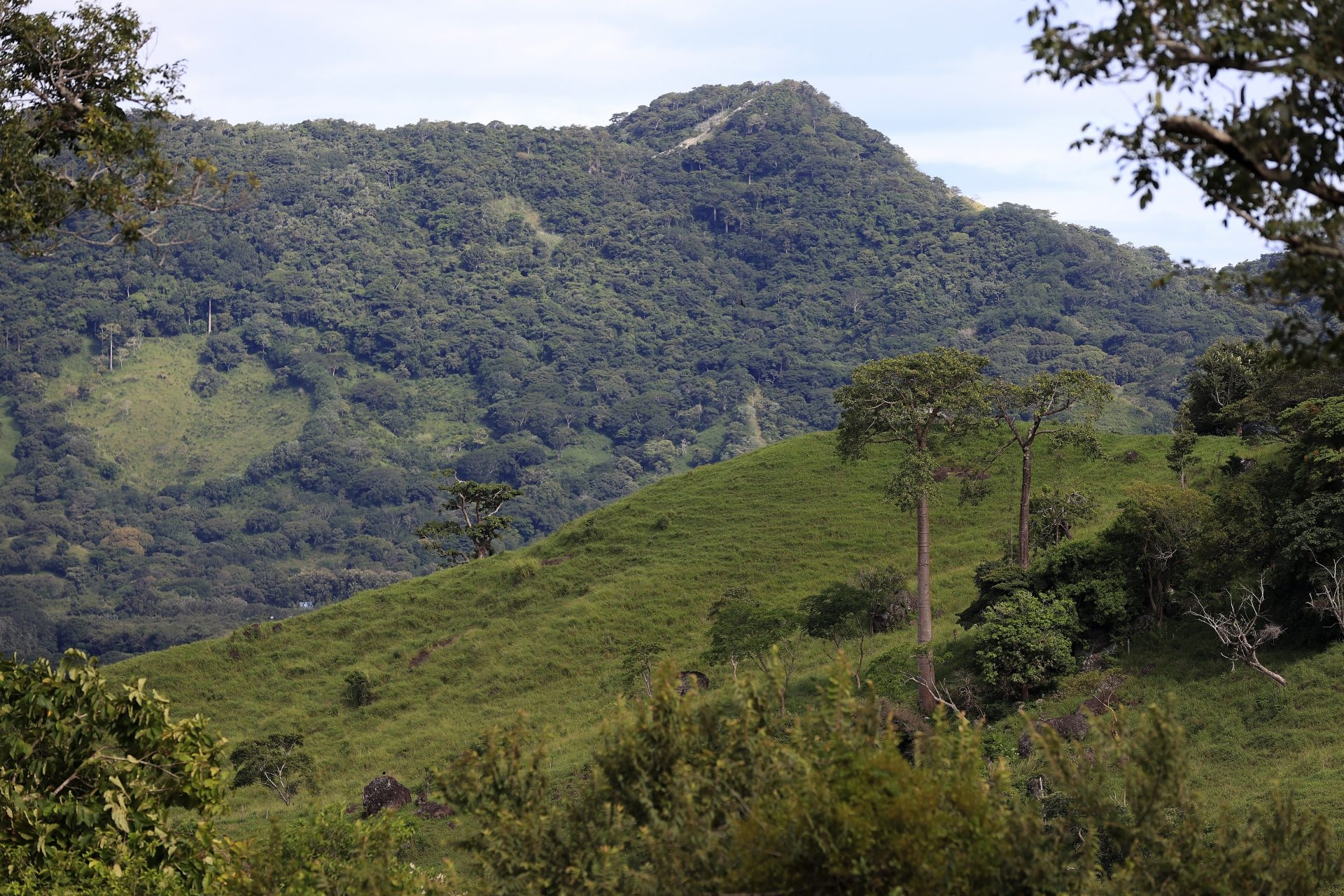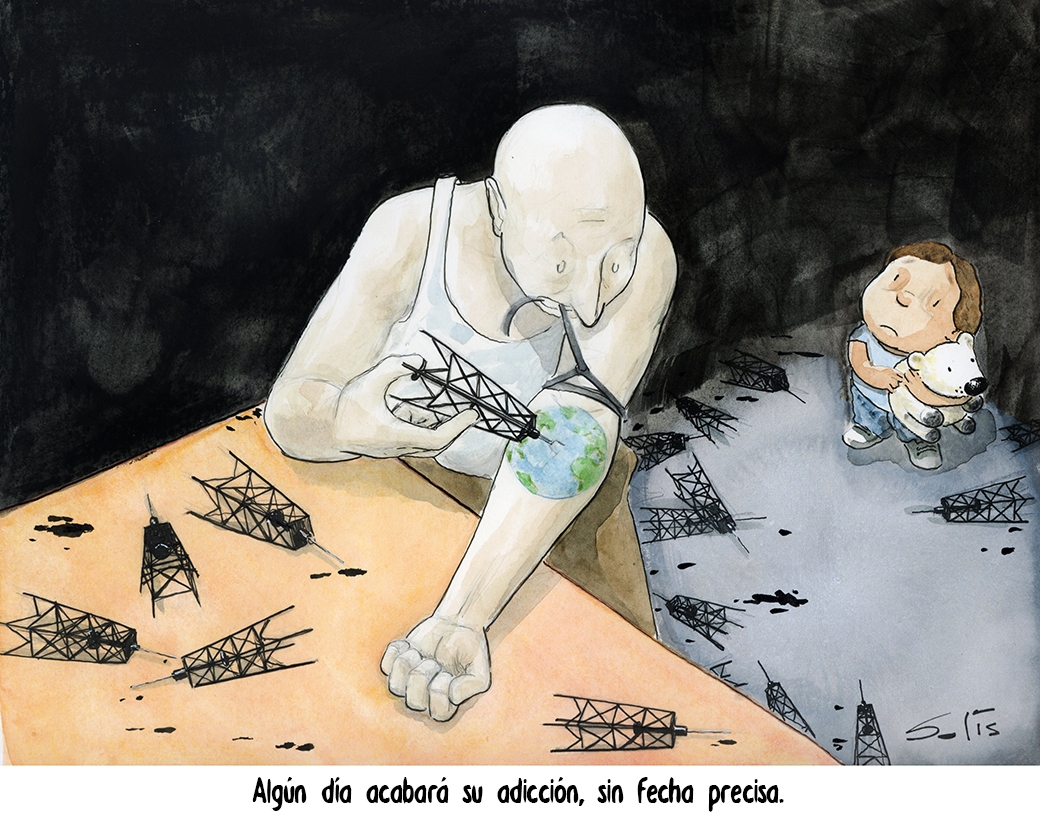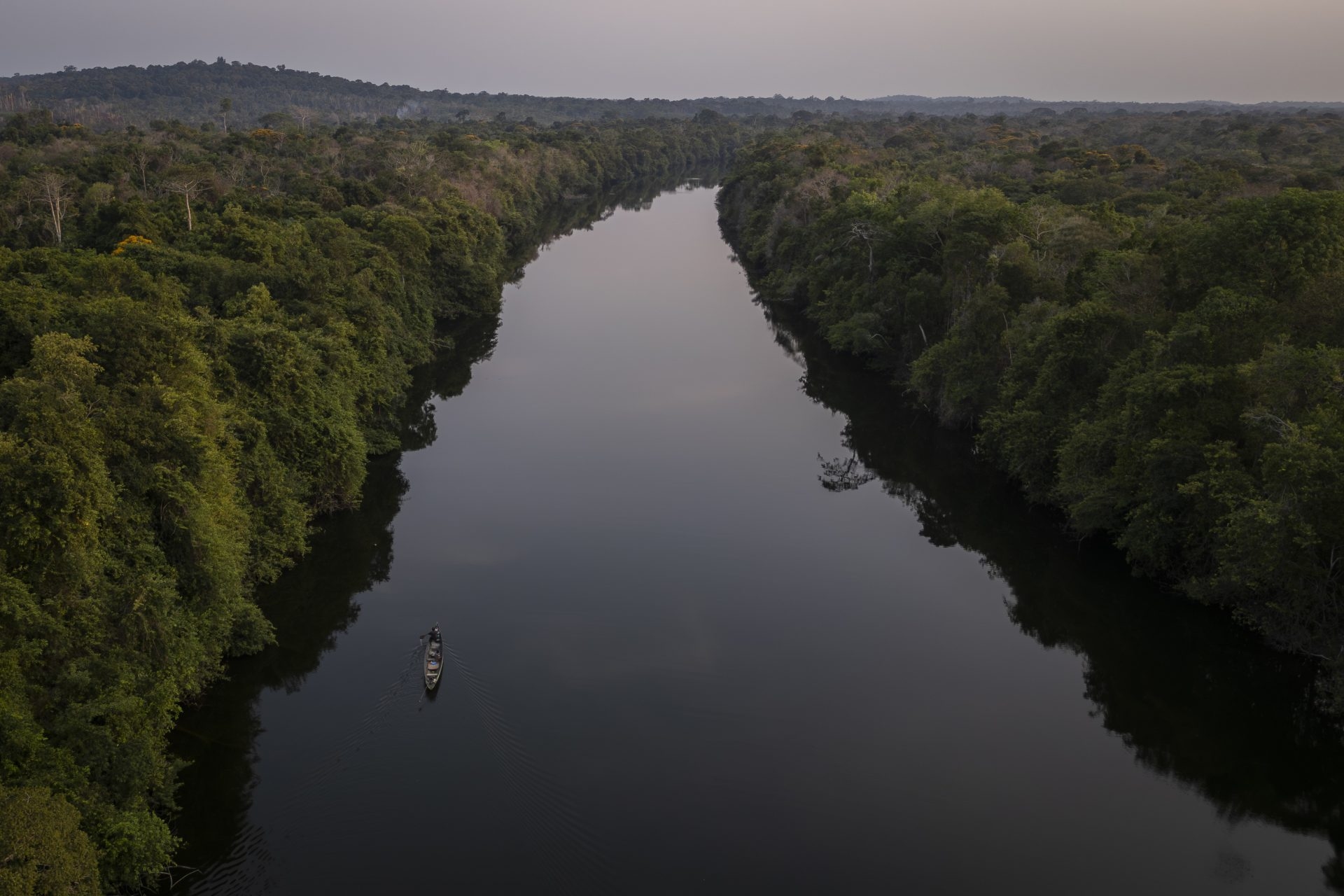Climate change, fires, and pests threaten global forest expansion, according to a UN report.

Geneva – The expansion of forests in four areas of the world – Europe, North America, the Caucasus and Central Asia – has become a success story that is now threatened by the frequency and intensity of forest fires, pests and climate change, according to a team of UN experts.
Forests in that group of regions have gained 60 million hectares in the last three decades (a territory larger than France), which in turn has led to an 11% increase in their capacity to store carbon dioxide, which, by not being emitted into the atmosphere, does not contribute to global warming, according to measurements carried out for a report that is only produced every five years.
The report was presented in Geneva and, in addition to updating information on forests, it intends to put this issue at the center of actions to curb climate change, especially at a time when the positive evolution of these forests is at risk.
The region is home to more than 1.76 billion hectares of forests, or 42% of the world's forests and almost half of the primary forests, which is why they are vital ecosystems for biodiversity, climate regulation, timber supply and human well-being.
Variations in forest cover by countryThese benefits are not only local, but also have regional repercussions, since if the four regions studied are considered, forests cover on average 39% of the region's surface, with considerable variations from one country to another, according to the report prepared within the United Nations Economic Commission for Europe.
For example, forests cover 74% of Finland's territory, half of Russia (a country with the largest forest area on the planet, above Brazil), 41% of Canada, 38% of Spain, 33% of the United States, 13% of the United Kingdom, and 5% of Turkmenistan.
Another very significant aspect of the analysis is that the threatened expansion of forests in Europe, North America, the Caucasus and Central Asia contrasts with the situation in the rest of the world, which loses almost 11 million hectares of forests each year, according to data from the Food and Agriculture Organization (FAO).
Thanks to the fact that forests now occupy more space in that group of countries, the volume of wood has increased by a third.
All of this would not have been impossible if many governments had not designated new biodiversity conservation areas or taken measures to protect soil and water, which has led to more than 300 million hectares (the size of Italy) now having legal protection.
However, experts have also warned that these gains could be lost without national policies that ensure proper forest management, as data from several countries indicate that expansion is slowing down.
Without regular growth and with the damage caused by fires, insects, and diseases, the report argues that the region's vast forests, which currently store carbon, could become carbon emitters, depending largely on how climate change evolves.
"We don't know how fast climate change will happen and how forests will react," UN Commission forest expert Roman Michalak told reporters. EFEverde
is/crf
efeverde





